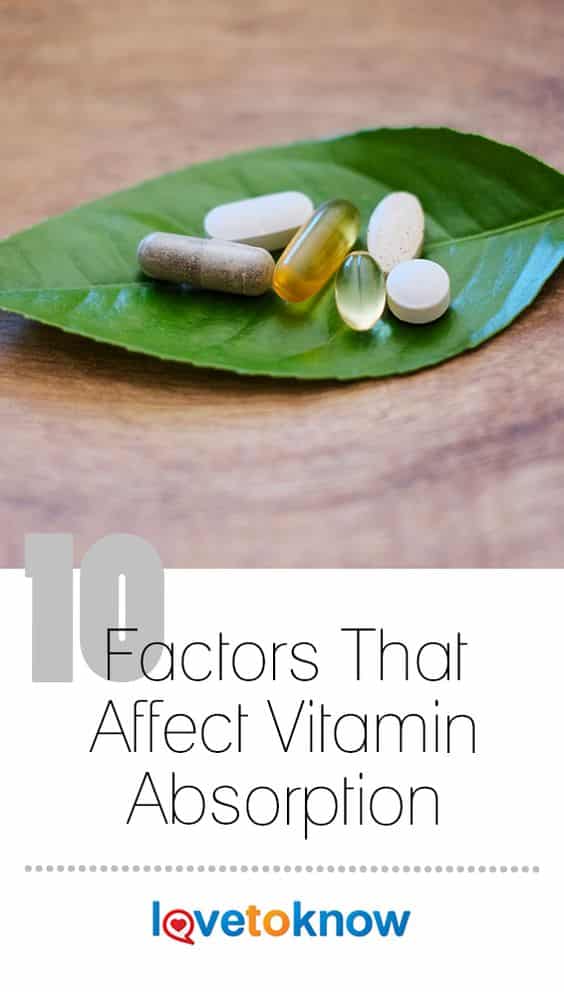Vitamin B12 is basically a form of the nutrient. It helps keep our body nerve and blood healthy.
Likewise, this supplement helps prevent anemia called megaloblastic.
That kind of anemia makes people tired and weak.
Unfortunately, our body sometimes cannot absorb enough Vitamin B12 from the food we eat.
In the infographics below, we will discuss why our body cannot fully absorb Vitamin B12:

Vitamin B12: Factors Why The Body Cannot Absorb
Intrinsic Factor Deficiency
A lining in your stomach called intrinsic factor is needed for this vitamin to be properly absorbed.
When your body is deficient in intrinsic factor, poor vitamin absorption can lead to B12 deficiency and anemia.
Your body might not make enough intrinsic factor. That’s what happens if you’ve had part of your stomach removed or have an autoimmune disease.
If this is the case, your doctor may prescribe high doses of vitamin B12 supplements.
Smoking and Alcohol
Refraining from consuming tobacco products and alcohol.
In this way, you will help you get the right vitamin absorption.
Apart from causing disease or even cancer, smoking also reduces your vitamin absorption.
Likewise, smoking lowers vitamin C absorption.
And excessive alcohol consumption reduces your body’s ability to absorb folate.
Avoid tobacco products and limit or avoid alcohol to maximize vitamin absorption.
Foods That Stall Vitamin Absorption
Nutrients
Believe it or not, nutrients also affect vitamin and mineral absorption.
For instance, beta-carotene and vitamin C enhance iron absorption.
Calcium and polyphenols reduce the absorption of iron.
Your body needs plenty of vitamin D to absorb calcium properly.
Thus, getting too little vitamin D leads to calcium deficiency and osteoporosis.
It is vital to get the recommended daily amount of vitamins and mineral to maximize vitamin absorption.
Foods
The foods you eat also affect how you absorb vitamins and minerals.
For example, the Office of Dietary Supplements notes meat and seafood enhance iron absorption.
Because vitamin C also improves iron absorption, orange juice, and citrus fruits are beneficial.
The Iron Disorders Institute says coffee, tea, soy protein, calcium-rich foods, and fiber may inhibit iron absorption.
To maximize all benefits, eat foods with absorption-enhancing qualities during the same meal.
Sunscreen
Many Americans aren’t getting enough vitamin D according to one 2011 study.
Sunlight exposure is one way to boost vitamin D in your body.
However, using a sunscreen with a sun protection factor (SPF) of 8 or higher blocks the sun’s rays.
This prevents your body from making Vitamin D.
Medical conditions
Certain medical conditions affect the way your body absorbs vitamins. So, this can lead to nutrient deficiencies.
These diseases include pernicious anemia, Human Immunodeficiency virus (HIV), cystic fibrosis, among others.
Consult your physician if you suffer one of the above diseases.
graphics credit LoveToKnow

